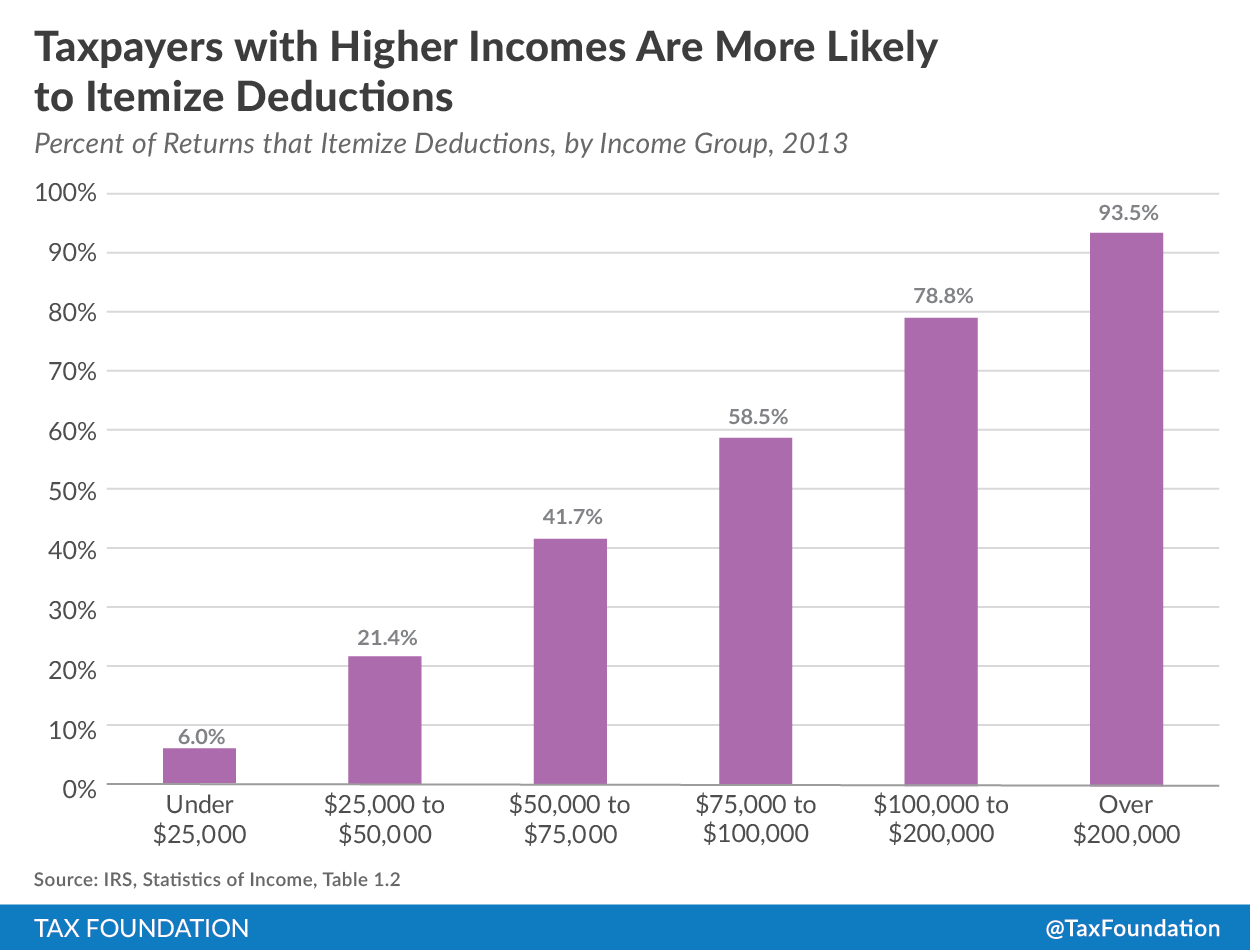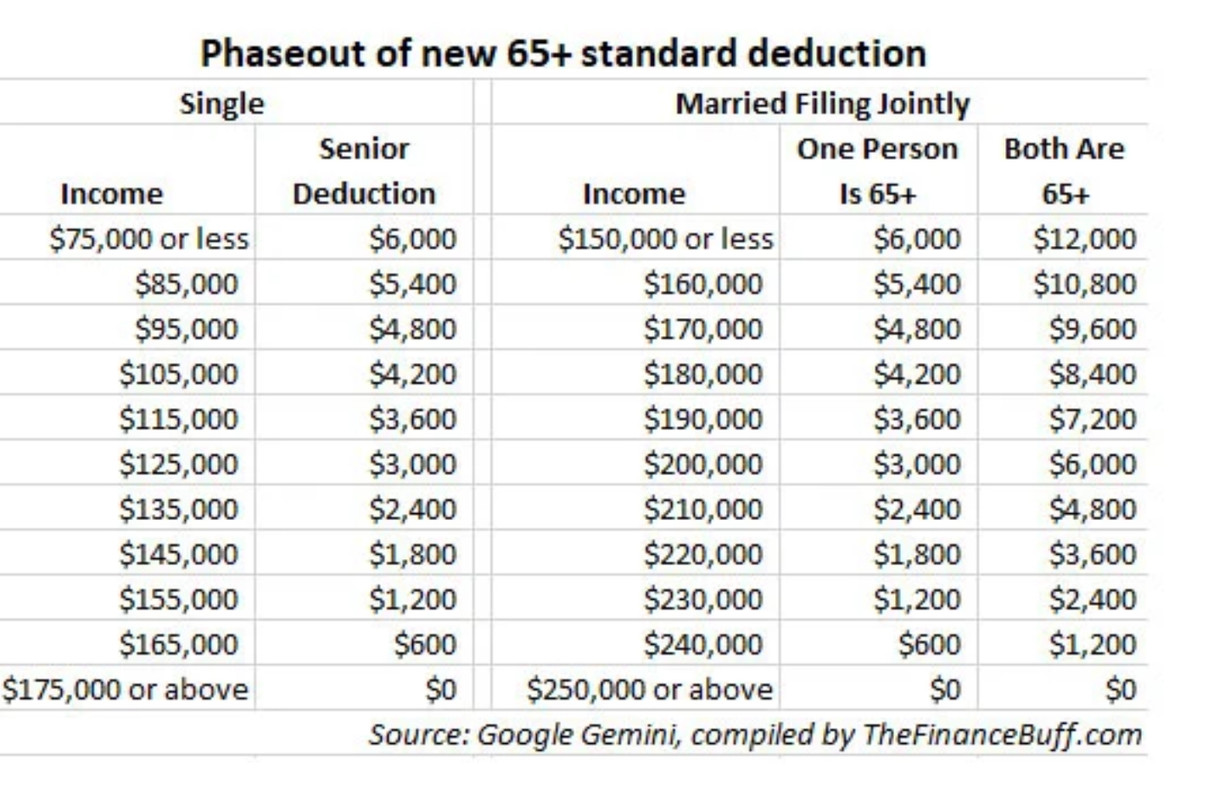How to avoid IRS issues when filing with the FEIE Standard Deduction
Wiki Article
Recognizing the Foreign Earned Income Exemption and Its Influence On Your Typical Deduction
The Foreign Earned Revenue Exemption (FEIE) offers substantial benefits for expatriates, permitting them to exclude a part of their foreign-earned earnings from U.S. tax. Nonetheless, claiming the FEIE can make complex one's tax obligation situation, especially pertaining to the typical reduction. Comprehending this communication is crucial for people living abroad. As expatriates navigate these complexities, they should take into consideration just how their selections impact their total tax obligation. What approaches can they utilize to maximize their economic end results?What Is the Foreign Earned Revenue Exemption (FEIE)?
The Foreign Earned Revenue Exemption (FEIE) works as an important tax benefit for U.S. citizens and resident aliens functioning abroad. This stipulation permits qualified individuals to exclude a substantial section of their foreign-earned revenue from U.S. taxes, properly reducing their overall tax burden. The FEIE intends to ease the economic stress on expatriates and encourages Americans to pursue employment possibilities in international markets. The exclusion applies to wages, incomes, and professional charges earned while staying in an international nation. The maximum exclusion amount is readjusted annually for rising cost of living, guaranteeing that it stays relevant to existing financial conditions. By utilizing the FEIE, expatriates can preserve even more of their earnings, fostering financial security while living overseas. Generally, the FEIE plays a crucial role in forming the monetary landscape for Americans abroad, facilitating a smoother change to international job settings and promoting financial engagement on a global range.Eligibility Needs for the FEIE
Qualification for the Foreign Earned Earnings Exemption (FEIE) is contingent upon conference specific standards set by the Irs (IRS) Largely, individuals have to be U.S. people or resident aliens who make revenue while living in a foreign country. To certify, they should satisfy a couple of primary examinations: the Physical Existence Examination or the Bona Fide Residence Examination.The Physical Presence Test requires people to be literally present in a foreign nation for a minimum of 330 full days within a 12-month duration - FEIE Standard Deduction. Alternatively, the Bona Fide House Test necessitates that individuals develop residency in an international country for a nonstop period that includes an entire tax year
Furthermore, the earnings has to be originated from personal services carried out in the foreign nation. Meeting these requirements enables taxpayers to exclude a substantial section of their foreign-earned income from U.S. tax, therefore decreasing their general tax responsibility.
Just how to Assert the FEIE

To begin the process, people ought to collect records that verify their foreign profits, such as pay stubs, income tax return from international countries, and any appropriate work agreements. It is important to assure all earnings declared under the FEIE is made from international sources and meets the required thresholds.
Additionally, taxpayers must think about filing due dates and any type of possible expansions. Claiming the FEIE appropriately not just aids in reducing tax obligation responsibility but additionally ensures conformity with IRS laws. Proper documentation and adherence to guidelines are crucial for an effective case of the Foreign Earned Earnings Exemption.
The Communication Between FEIE and Typical Deduction
The interaction in between the Foreign Earned Income Exclusion (FEIE) and the basic deduction is a vital facet of tax obligation preparation for expatriates. Recognizing the standard concepts of FEIE, in addition to the restrictions of the conventional reduction, can significantly impact tax obligation filing strategies. This section will explore these aspects and their implications for taxpayers living abroad.FEIE Fundamentals Discussed
While many migrants seek to decrease their tax problem, understanding the interaction in between the Foreign Earned Income Exemption (FEIE) and the standard reduction is vital. The FEIE allows united state people and resident aliens living abroad to leave out a specific quantity of international made earnings from united state taxation. This exclusion can substantially decrease taxable earnings, potentially impacting eligibility for other deductions, such as the standard reduction. Remarkably, individuals that assert the FEIE can not likewise take the typical reduction against the excluded revenue. Consequently, expatriates must meticulously assess their total income and reductions to optimize their tax obligation scenario. Awareness of try this site these communications can result in even more informed economic decisions and much better tax techniques for expatriates steering with their special circumstances.Standard Deduction Limitations
Understanding the restrictions of the basic deduction in relationship to the Foreign Earned Earnings Exemption (FEIE) is important for migrants navigating their tax obligations. While the FEIE enables certifying people to exclude a specific quantity of foreign-earned revenue from united state tax, it can influence the basic deduction they are eligible to claim. Especially, taxpayers that declare the FEIE can not also claim the basic reduction on that omitted revenue. Additionally, if an expatriate's complete revenue drops listed below the conventional reduction limit, they might not benefit from it in any way. This interplay requires mindful planning to enhance tax obligation benefits, as underutilizing the conventional deduction can cause greater taxed revenue and enhanced tax obligation responsibility. Understanding these limitations is important for effective tax approach.Tax Declaring Effects
Navigating the tax declaring effects of the Foreign Earned Income Exclusion (FEIE) calls for careful consideration of how it connects with the conventional deduction. Taxpayers utilizing the FEIE can leave out a substantial portion of their foreign-earned income, however this exclusion impacts their qualification for the standard deduction. Specifically, if a private insurance claims the FEIE, they can not also claim the conventional reduction for that earnings. This can result in a lower total tax obligation obligation yet might make complex the declaring procedure. Furthermore, taxpayers need to assure compliance with internal revenue service requirements when filing Type 2555 for the FEIE. Comprehending these communications is vital for optimizing tax obligation advantages while staying clear of potential risks in the declaring process. Careful planning can optimize benefits and decrease obligations.Potential Tax Implications of Utilizing the FEIE
The Foreign Earned Revenue Exclusion (FEIE) offers considerable tax obligation advantages for united state citizens working abroad, yet it likewise comes with possible effects that necessitate mindful factor to consider. One major consequence is the influence on qualification for sure tax obligation credit histories and deductions. By choosing to make use of the FEIE, taxpayers may accidentally reduce their modified gross income, which can limit access to credit ratings like the Earned Earnings Tax obligation Credit score or minimize the quantity of standard deduction readily available.
Furthermore, people that utilize the FEIE might deal with difficulties when going back to the U.S. tax system, specifically worrying the taxation of future income. The exclusion applies just to made income, implying various other revenue kinds, such as rewards or passion, stay taxed. This difference demands precise record-keeping to ensure conformity. Ultimately, the FEIE may influence state tax obligation obligations, as some states do not recognize the exemption and may tax all income earned by their citizens, no matter where it is earned.
Tips for Maximizing Your Tax Benefits While Abroad
While functioning abroad can be improving, it additionally offers unique chances to maximize tax obligation advantages. To maximize these advantages, people must first determine their eligibility for the Foreign Earned Revenue Exemption (FEIE) and take into consideration the physical visibility examination or the bona fide residence examination. Maintaining in-depth records of all income made and expenses sustained while abroad is crucial. This documentation supports cases for debts and reductions.In addition, recognizing the tax treaties between the USA and the host country can assist prevent double taxes. Individuals need to additionally check out payments to tax-advantaged accounts, such as IRAs, which may provide more deductions.

Lastly, seeking advice from a tax expert specializing in expatriate tax law can supply tailored approaches and guarantee conformity with both U.S. and foreign tax obligation obligations. By taking these actions, expatriates can properly enhance their financial circumstance while living abroad.
Frequently Asked Questions
Can I Make Use Of FEIE if I Benefit a Foreign Federal government?
Yes, an individual can use click this the Foreign Earned Revenue Exemption (FEIE) while helping a foreign federal government, given they meet the requisite conditions outlined by the IRS, consisting of the physical visibility or authentic residence tests.
Does FEIE Relate To Self-Employment Income?
The Foreign Earned Earnings Exclusion (FEIE) does apply to self-employment revenue, supplied the private satisfies the essential needs. Qualified self-employed people can exclude certifying revenue gained while living in an international country from taxes.What happens if My Foreign Revenue Goes Beyond the FEIE Restriction?
If foreign income goes beyond the FEIE restriction, the excess quantity might go through united state see here now tax. Taxpayers need to report and pay tax obligations on the earnings over the exclusion threshold while still taking advantage of the exclusion.Can I Assert the FEIE and Make A List Of Reductions?
Yes, individuals can claim the Foreign Earned Earnings Exemption (FEIE) while also making a list of deductions. Nonetheless, they must be aware that asserting the FEIE may impact the availability of certain itemized reductions on their income tax return.Exactly How Does FEIE Influence My State Tax Obligation Responsibilities?
The Foreign Earned Income Exemption can reduce state tax responsibilities, as numerous states comply with federal standards. Private state guidelines vary, so it's important to get in touch with state tax obligation regulations for specific implications on tax obligation responsibilities.The Foreign Earned Revenue Exemption (FEIE) provides substantial benefits for migrants, permitting them to omit a section of their foreign-earned revenue from U.S. taxation. While several migrants seek to reduce their tax obligation problem, comprehending the interaction in between the Foreign Earned Income Exclusion (FEIE) and the common reduction is important. Understanding the limitations of the basic reduction in connection to the Foreign Earned Income Exemption (FEIE) is important for migrants maneuvering their tax obligations. The exemption applies just to made revenue, suggesting other revenue types, such as rewards or passion, continue to be taxable. The Foreign Earned Earnings Exemption (FEIE) does apply to self-employment revenue, supplied the specific satisfies the needed demands.
Report this wiki page